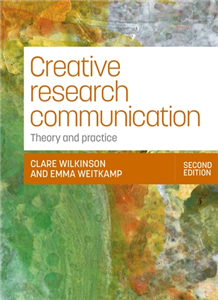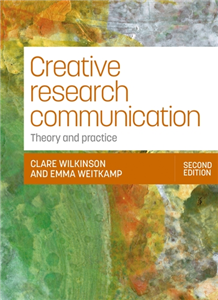Statistical Analysis Using R Software
by Abhiram Dash
The book Statistical Analysis Using R software deals with the fundamental concept of R software and the codes in R used for statistical analysis. It includes the development and content of R software, the concept of writing codes in R, importing of data from other software for use in R software. The codes in R used for statistical analysis purpose are mentioned in the mentioned and vividly explained. The book would definitely help the students and the personnel involved in teaching and research in understanding the concepts of R and its use for statistical analysis purpose.

















